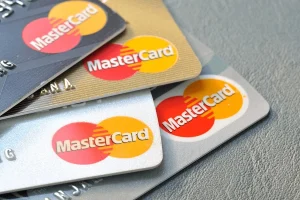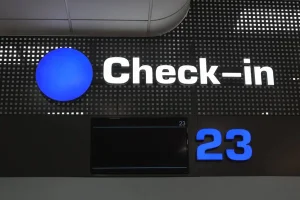Starting a credit card application in the U.S. may appear easy, but knowing how it actually works is key. Many people new to credit cards make avoidable errors that can delay results or harm their credit file. This article focuses on the core details and practical guidance to help you feel more informed and ready at every stage.
Prior to applying, it’s important to understand the mechanics of credit cards, what evaluators consider, and how your current finances affect your options. From checking your credit to exploring different offers, every detail contributes to your outcome.
Here’s a direct breakdown of what to evaluate so you can sidestep errors and move forward with clarity.
Understand How Credit Card Applications Work
When you apply for a credit card, the issuer evaluates your financial profile to determine if you’re a responsible borrower. They look at your credit score, income, and existing debts to assess risk. If you’re approved, the issuer sets a credit limit and interest rate based on your financial health.
Keep in mind that every application results in a hard inquiry on your credit report, which can slightly lower your score temporarily. Applying for multiple cards at once may negatively impact your credit more than you expect.
Check Your Credit Score First
Before you even begin comparing cards, it’s smart to check your credit score. You can do this for free through several platforms or by using tools from your bank. Knowing your score helps you target cards that align with your profile, increasing your chances of approval.
A higher score gives you access to cards with better benefits, lower interest rates, and higher credit limits. If your score is low, consider taking a few months to improve it before applying.
Review Your Credit Report for Errors
In addition to checking your score, look through your credit report. Errors like outdated account information or unauthorized hard inquiries can hurt your application. Dispute inaccuracies with the credit bureaus before submitting a credit card request.
Regularly monitoring your credit report helps you stay on top of your financial reputation and catch issues early that could affect applications.
Compare Credit Cards by Category
Not all credit cards are the same. Some focus on cashback, others on travel rewards, while some are designed to help you build or rebuild credit. Choose one that fits your financial goals and current credit standing.
Use comparison tools from trusted websites or directly from major banks to narrow down options. Look beyond just the sign-up bonuses and analyze long-term benefits and fees.
Understand Fees and Interest Rates
Every credit card comes with a set of fees and an APR (annual percentage rate). Take time to read the fine print. Common fees include annual fees, late payment fees, balance transfer fees, and foreign transaction fees.
Knowing the APR is especially important if you plan to carry a balance. A high interest rate can cost you more than expected if you don’t pay in full each month.
Avoid Applying for Multiple Cards at Once
Applying for several credit cards in a short span can make you look risky to lenders. Each application creates a hard inquiry, and multiple inquiries can lower your credit score and raise red flags.
Instead, apply for one card at a time and wait for the outcome. If denied, take time to reassess your profile before applying again.
Gather the Right Documents
Most credit card applications require basic information like your Social Security Number, employment details, income, and housing costs. Have these ready to speed up the process and reduce errors.
Being honest and consistent in your application details improves your credibility and chances of approval.
Watch Out for Pre-Approved Offers
Receiving a “pre-approved” offer in the mail doesn’t guarantee approval. It just means you passed an initial check. The full approval depends on a deeper review of your credit and income.
While these offers can be useful, don’t rely on them blindly. Compare them with other cards before making a decision.
🔔 The Complete Guide to Applying for Your First Credit Card
Read the Terms Before Submitting
Before you hit “submit,” read the full terms and conditions. Many applicants skip this step and later face unexpected fees or restrictions. Understanding what you’re agreeing to is key to avoiding regrets.
Pay attention to how rewards are earned and redeemed, how billing cycles work, and what happens if you miss a payment.
Be Patient and Follow Up
After applying, you might receive instant approval, but in some cases, the issuer needs more time to review your application. If you don’t hear back within 10 business days, follow up with the bank.
Being proactive shows responsibility and can help you understand if anything additional is needed from your side.




